Keywords: Property
There are more than 24 results, only the first 24 are displayed here.
Become a subscriber for more search results.
-

AUSTRALIA
- Kevin Bell
- 29 November 2024
2 Comments
With unaffordable housing pushing families into impossible choices, homelessness affecting 120,000 people, and systemic inequities deepening, we must ask: What kind of society do we want to build — and for whom?
READ MORE 
-
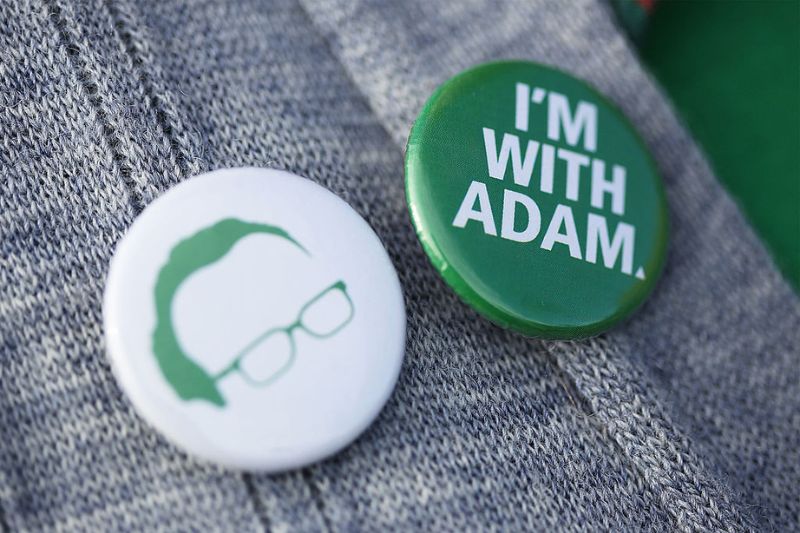
AUSTRALIA
- Erica Cervini
- 25 November 2024
4 Comments
Once seen as the champions of climate action and progressive politics, the Greens are now grappling with internal chaos, falling poll numbers, and a disillusioned voter base. From controversies over identity politics to disputes about housing and Middle East policies, the party is facing a critical question: What do they stand for today?
READ MORE
-
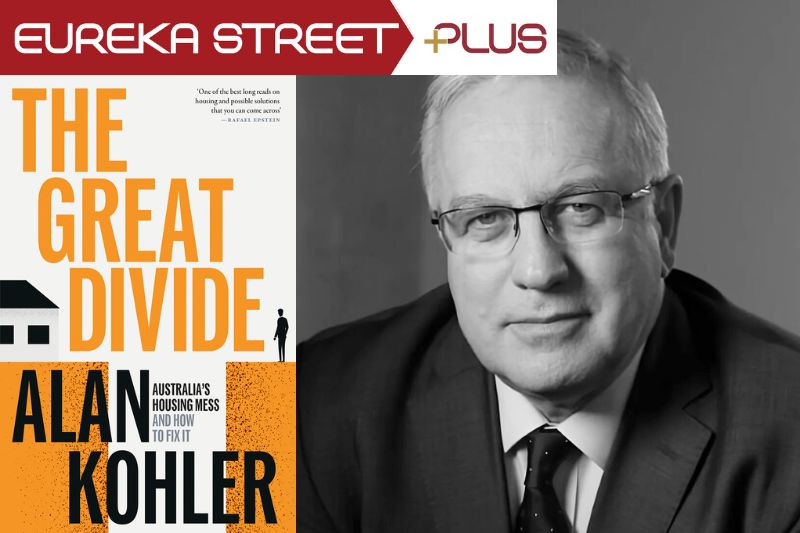
AUSTRALIA
- David Halliday
- 08 November 2024
As house prices soar, half the nation finds itself locked out of the property market. In conversation with Eureka Street, Alan Kohler untangles the web of tax incentives, population pressures, and government policies fueling the housing crisis to discover why, despite public outcry, solutions remain frustratingly out of reach.
READ MORE 
-
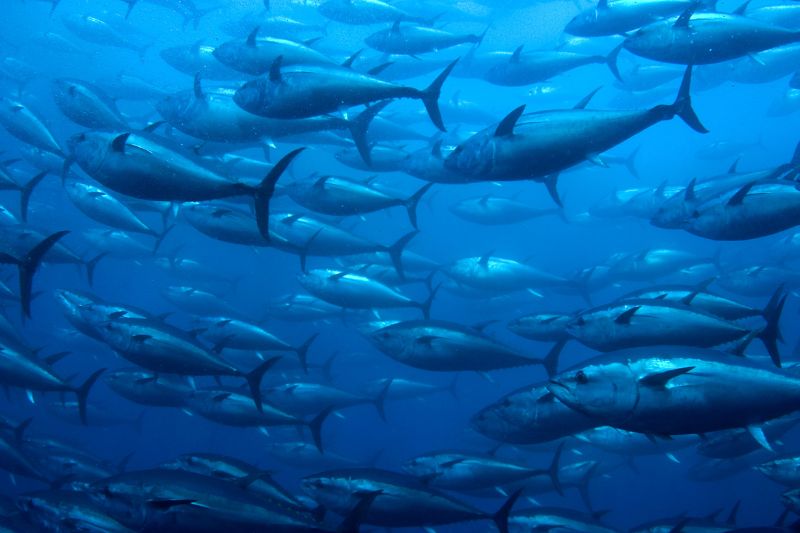
AUSTRALIA
- Hugh Breakey, Rebecca Marshallsay, Larelle Bossi, Charles Sampford
- 04 November 2024
1 Comment
While the government's Sustainable Ocean Plan rightly prioritizes environmental sustainability, long-term success in managing Australia’s vast ocean spaces will also require a strong focus on social sustainability. For Australia’s marine industries to thrive, they must not only secure genuine social license but also navigate its potential risks.
READ MORE
-

AUSTRALIA
- Barry Gittins
- 30 October 2024
5 Comments
In 1968, Peter Norman won Olympic silver, but his lasting legacy was a stance for justice on the podium alongside Tommie Smith and John Carlos, where he wore an Olympic Project for Human Rights badge in solidarity. Yet his quiet protest led to lifelong exclusion at home, recognition arriving only posthumously.
READ MORE
-
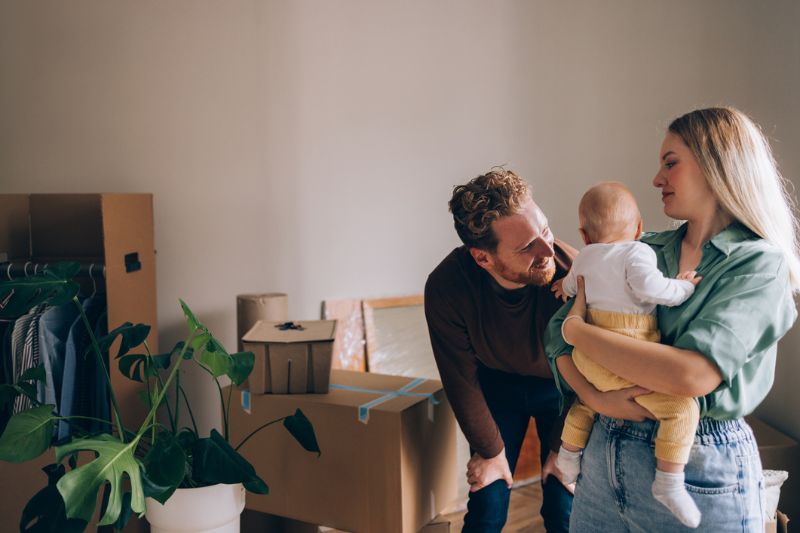
AUSTRALIA
- David James
- 24 October 2024
3 Comments
Soaring property prices and declining fertility rates are entwined in a feedback loop, threatening long-term economic stagnation. As younger Australians are priced out of the market, many are delaying or forgoing parenthood, leading to an increasingly divided and unsustainable society.
READ MORE
-
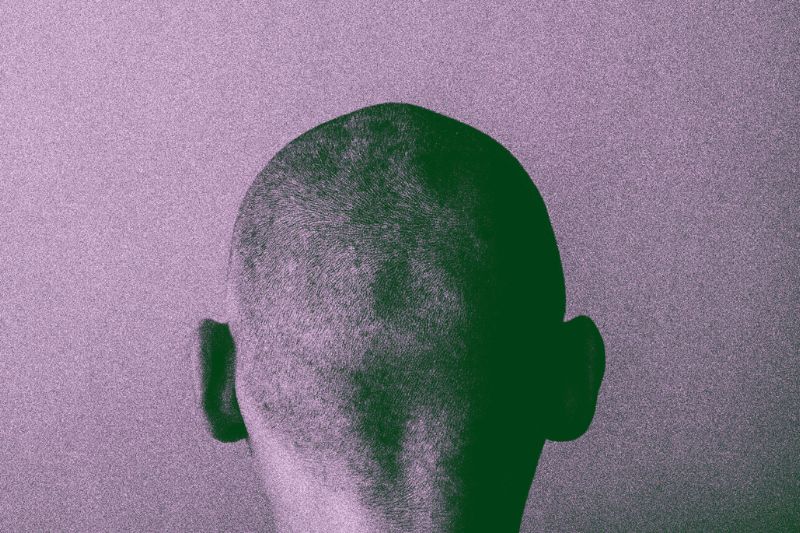
AUSTRALIA
- John Schumann
- 23 October 2024
2 Comments
There are approximately 300 Australians like Will currently held in forensic disability facilities, hospitals, mental health facilities, the prison system and providers of last resort. After two decades of seclusion, his story reveals a broken system where lives deteriorate, not improve, despite efforts for reform.
READ MORE
-

AUSTRALIA
- Max Jeganathan
- 17 October 2024
2 Comments
Personalisation isn’t some idealistic attempt at bothsideism, but a pathway to restoring a measure of humanity to our public discourse. In a free society, what matters is not the disagreement itself but the way we treat those with whom we disagree.
READ MORE
-
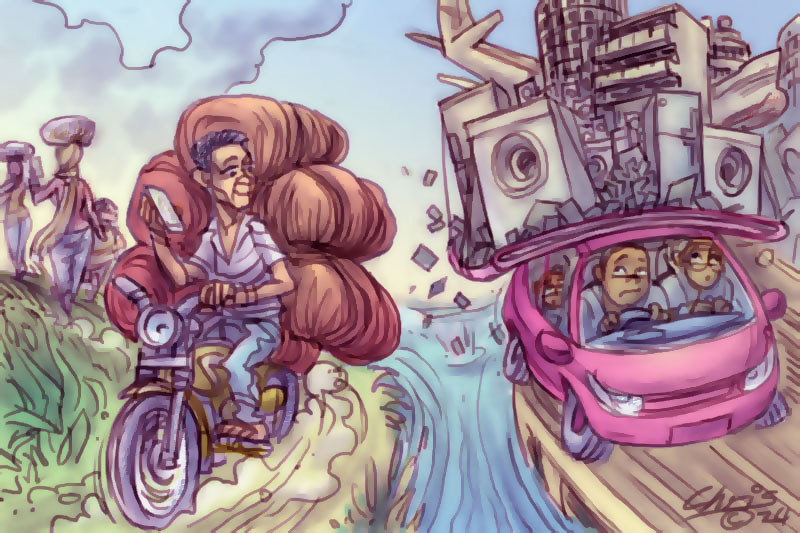
ECONOMICS
- David James
- 14 October 2024
Advanced industrial societies are running out of ideas, masking stagnation with financial trickery, which is now faltering. In contrast, developing nations can clearly advance through industrial phases, especially by building infrastructure. For them, the path to improving lives is clear; for developed nations, it remains uncertain.
READ MORE
-
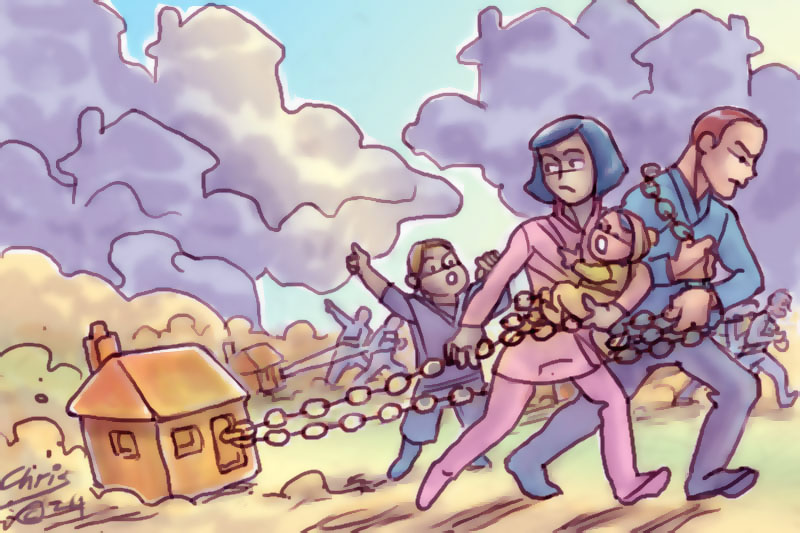
AUSTRALIA
- Adam Hughes Henry
- 08 October 2024
5 Comments
Australia’s housing crisis is increasingly seen as a byproduct of system rigged for the wealthy, while ordinary Australians grapple with debt and rising costs. As home ownership becomes increasingly out of reach, it's time to rethink housing as a right, not just a means of wealth accumulation.
READ MORE
-
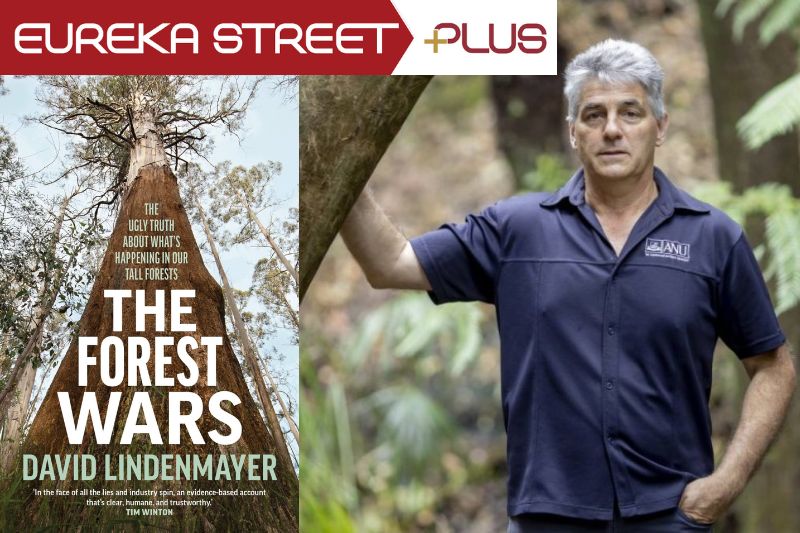
ENVIRONMENT
- Tony Smith
- 04 October 2024
The Forest Wars reveals how vested interests make life difficult for the scientists and activists who attempt to defend the environment, a war waged through deforestation on one hand and deception and obfuscation on the other. Linenmayer asks: if we continue to allow vested interests to drive deforestation, how long before the forests — and the future they promise — are lost beyond repair?
READ MORE 
-

AUSTRALIA
- Andrew Hamilton
- 03 October 2024
1 Comment
In Andrew Leigh's new book, he argues that inequality matters because it threatens the sense of fairness that is central to our well-being, because inequality prevents the less well off from moving to relative affluence, weakens democracy, and erodes understanding of and commitment to the common good.
READ MORE